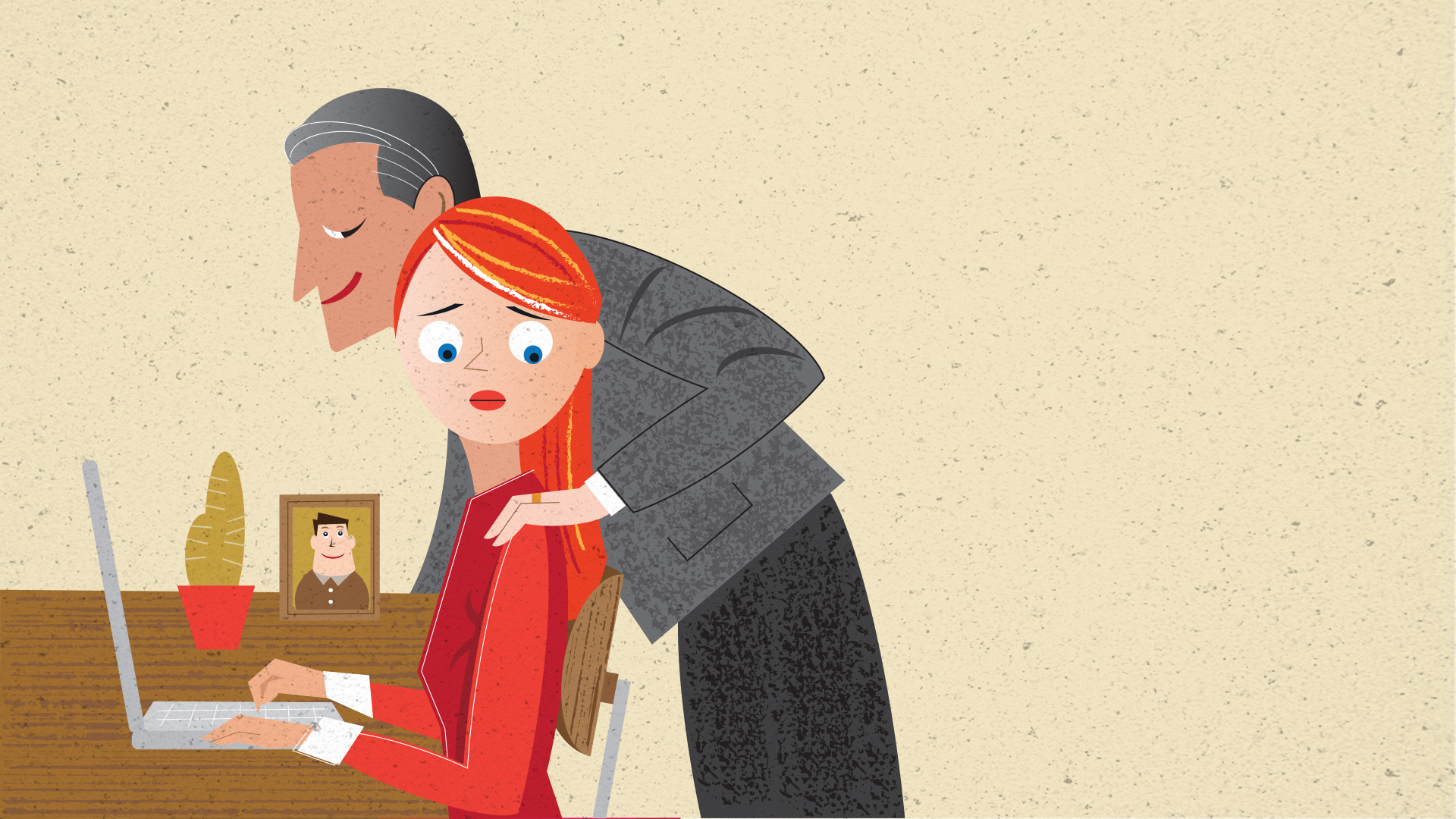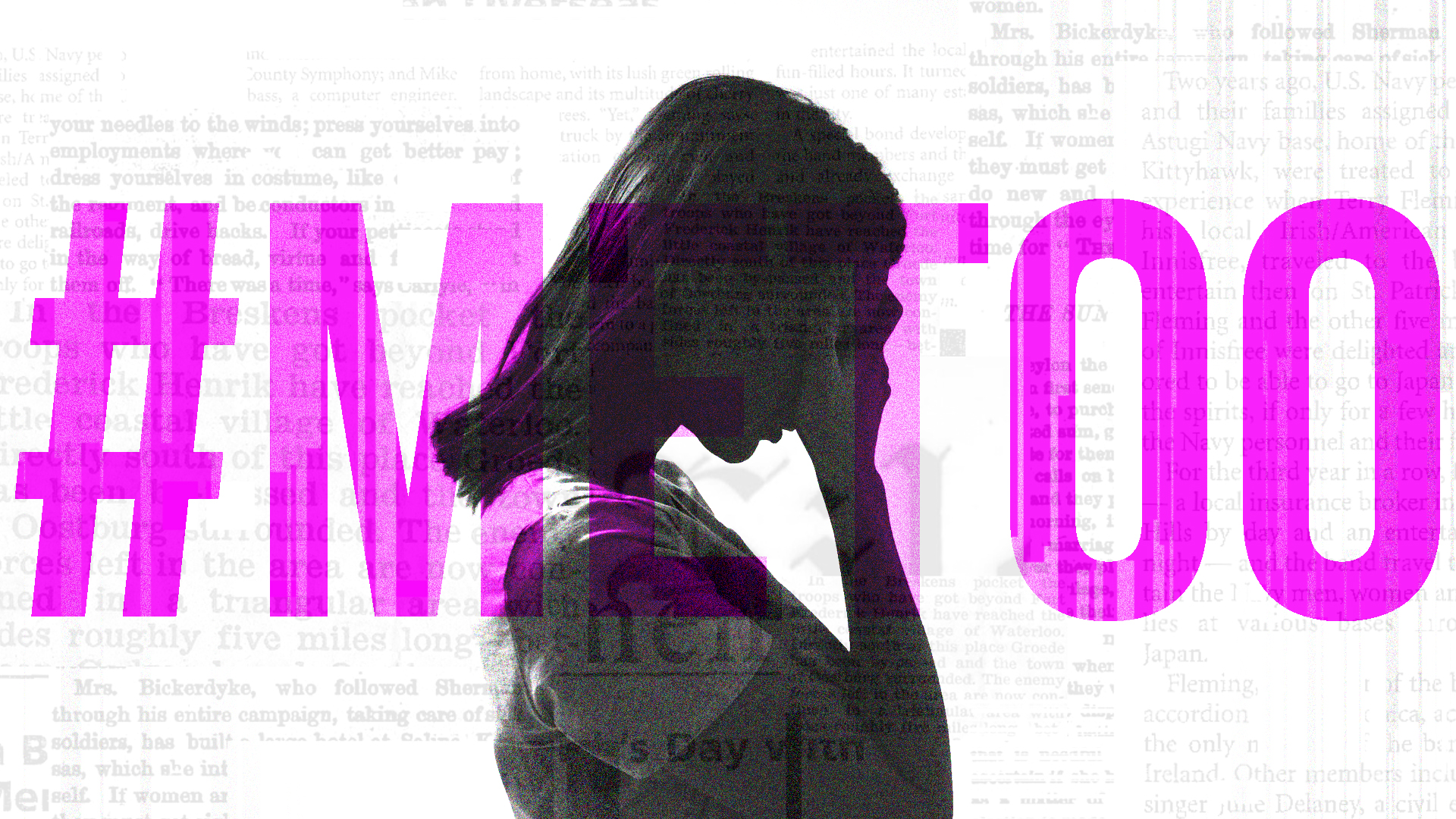A hashtag that has launched hundreds of torturous tales, the #MeToo tempest has left the world reeling — in shock, disbelief, and some belated recognition. Stories of women having felt violated, harassed or plain uncomfortable have been tumbling out of offices, film studios and every work space imaginable.
There are some blatant instances of abuse of power at the workplace that qualify as sexual harassment such as making unwelcome sexual advances (both physical and verbal), stalking and showing pornographic content, which are being widely depicted and debated in the press and on social media. What might be getting drowned in this chorus is the kind of behavior you might considered normal, maybe just mildly flirtatious, but could land you in trouble.
Seemingly harmless gestures or words at the workplace, like a hug or a tap on the head, might actually qualify as sexual harassment. This does not, however, mean that you cannot touch a colleague at all or crack jokes. The key word is comfort. Any behaviour that makes a person uncomfortable is deemed abusive.
We give you five not-so-obvious cues to what constitutes sexual harassment.
HOW HARASSMENT MIGHT COST OFFENDERS
It’s high time we sat up and took note of these incidents, as there’s a heavy price to be paid for any violation of the Sexual Harassment of Women at Workplace (Prevention, Prohibition and Redressal) Act, 2013. The likely penalties include one to three years’ imprisonment and/ or a fine (which can be deducted from the salary), withholding of promotion or increment, a written apology and counselling sessions or community service.
Sources: `iitg.ac.in/Vishaka_Guidelines`, legalservicesindia













